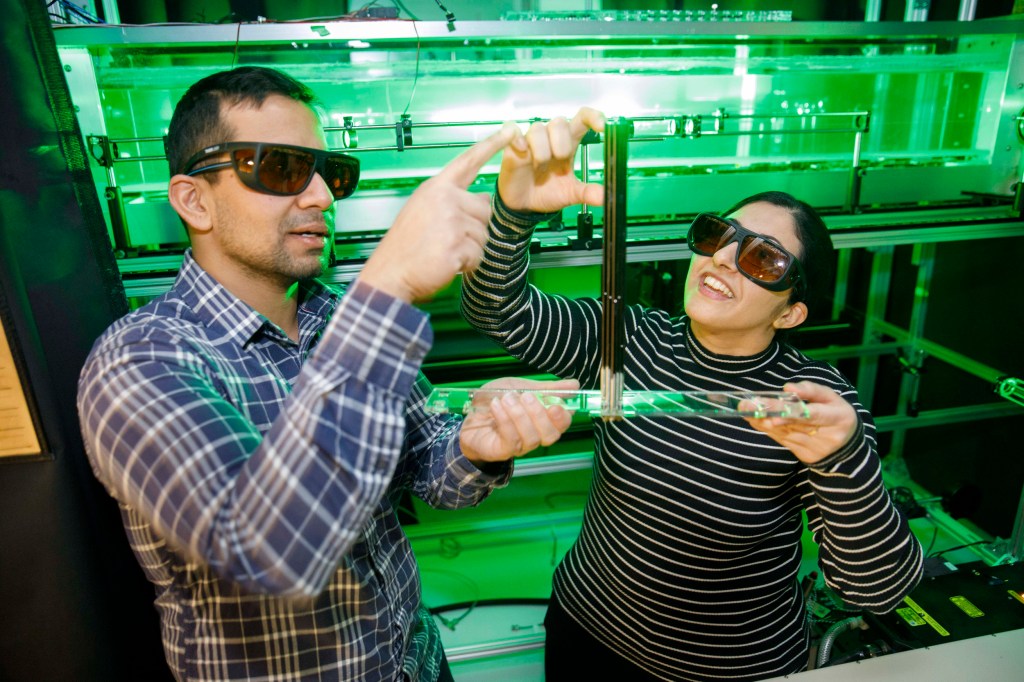Science & Tech
-

Preserving learning in the age of AI shortcuts
In podcast, teachers talk about how they’re using technology to supercharge critical thinking rather than replace it
-

A ‘cocktail’ recipe for brain cells
Stem cell biologists discover how to regenerate type damaged in ALS, spinal cord injuries

-

When you do the math, humans still rule
Harvard’s Lauren Williams, a MacArthur ‘genius,’ joins international effort to challenge notions of AI supremacy
-

‘Imagination’
Less like a picture, more like a video game? Cognitive scientist explains how we ‘see’ what isn’t real.
-

Breaking chess’s rating stalemate
Ranking skill can be tricky when the best players draw more than they win, so a Harvard statistician invented a new method

-
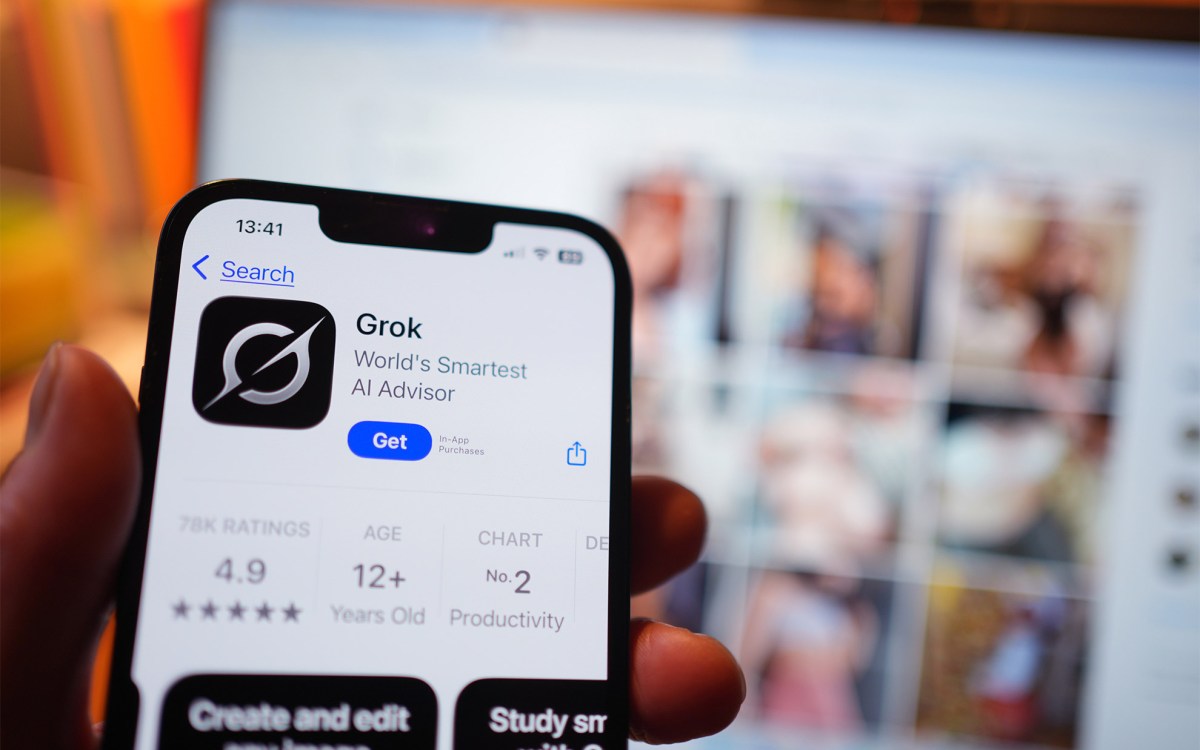
How AI deepfakes have skirted revenge porn laws
Limits unclear when explicit images of individuals look real, but are digitally generated
-
‘The scientist is not in the business of following instructions.’
George Whitesides became a giant of chemistry by keeping it simple
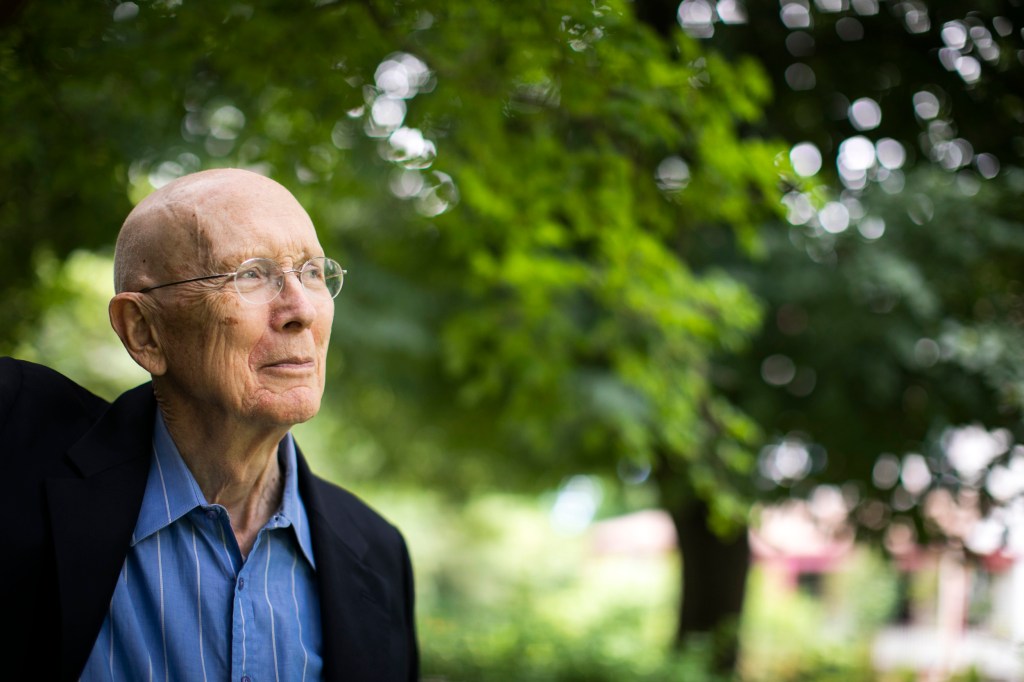
-
Glimpse of next-generation internet
Physicists demo first metro-area quantum computer network in Boston
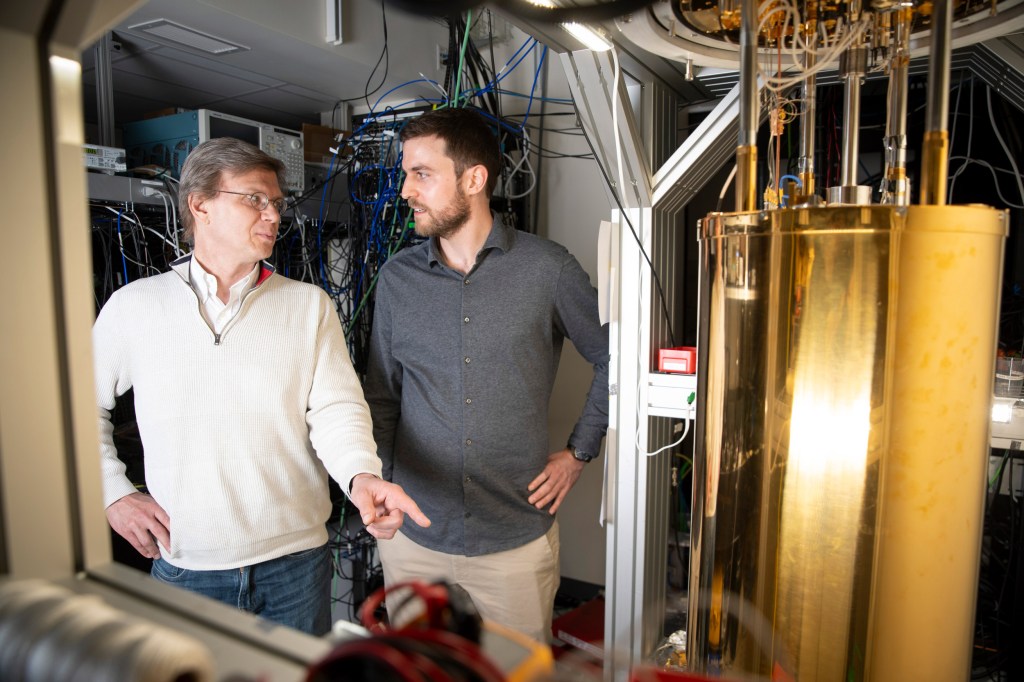
-
Science is making anti-aging progress. But do we want to live forever?
Nobel laureate details new book, which surveys research, touches on larger philosophical questions
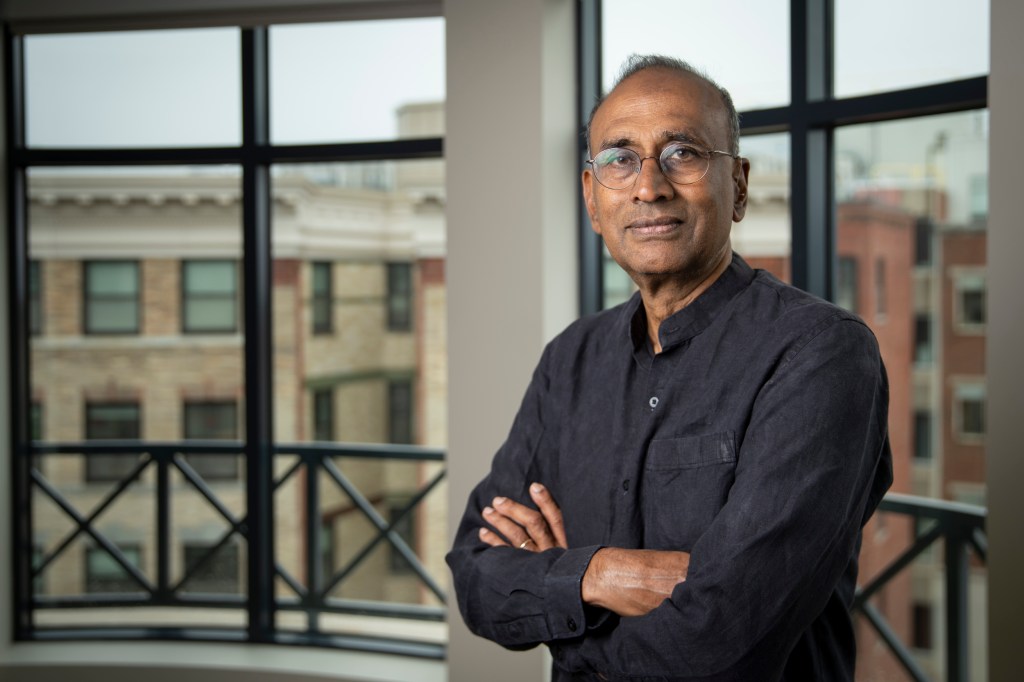
-
Epic science inside a cubic millimeter of brain
Researchers publish largest-ever dataset of neural connections
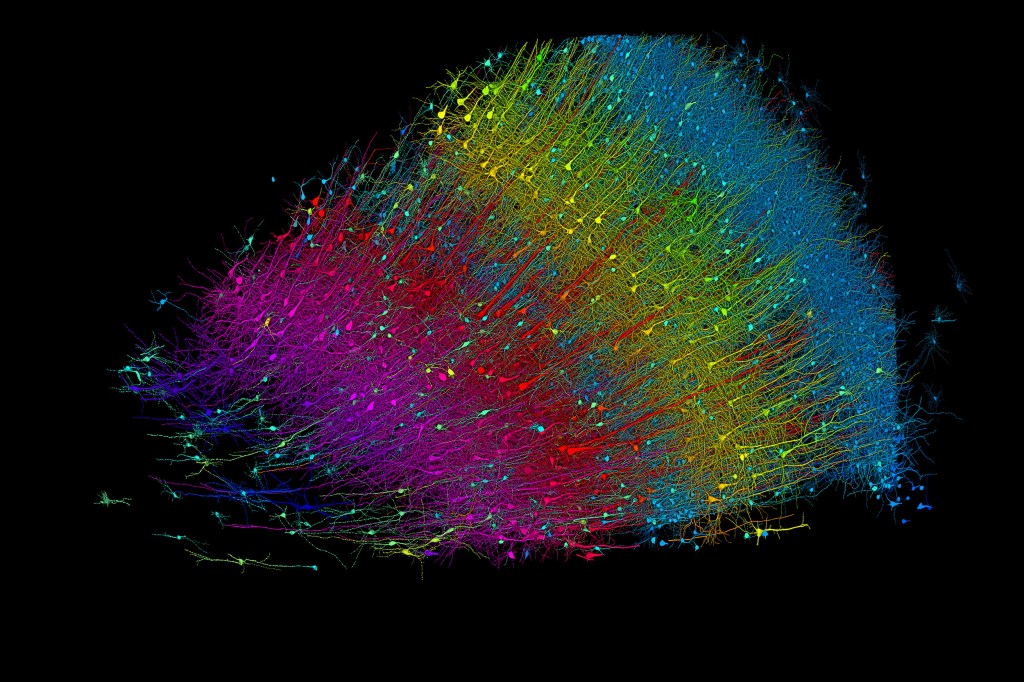
-
What is ‘original scholarship’ in the age of AI?
Symposium considers how technology is changing academia
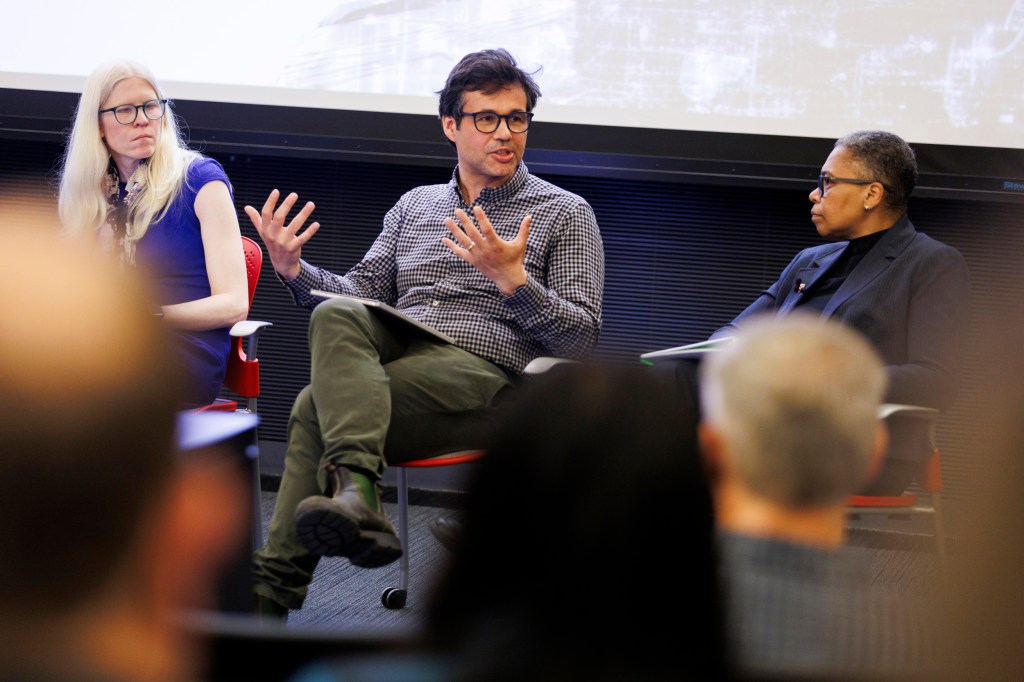
-
Complex questions, innovative approaches
Seven projects awarded Star-Friedman Challenge grants
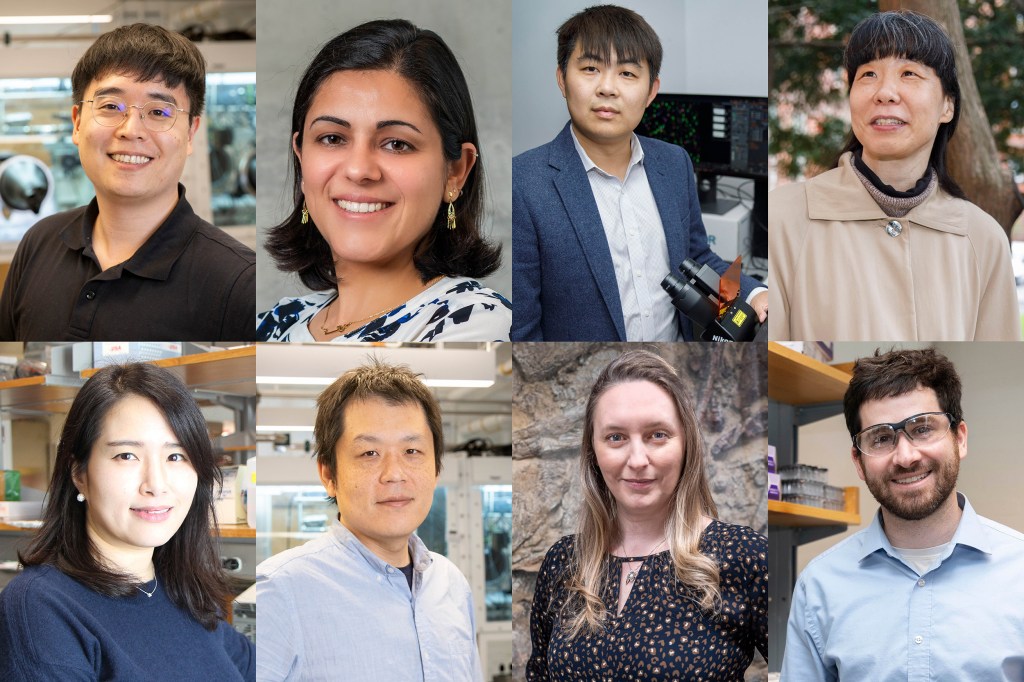
-
Early warning sign of extinction?
Fossil record stretching millions of years shows tiny ocean creatures on the move before Earth heats up
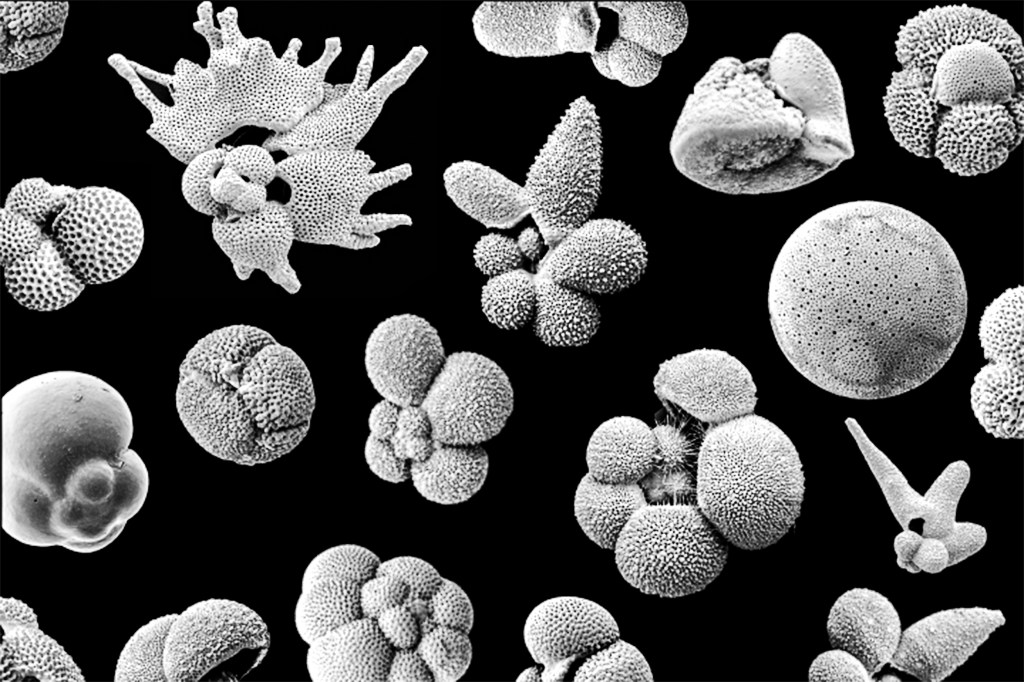
-
So much for summers of love
Despite ‘hippie’ reputation, male bonobos fight three times as often as chimps, study finds
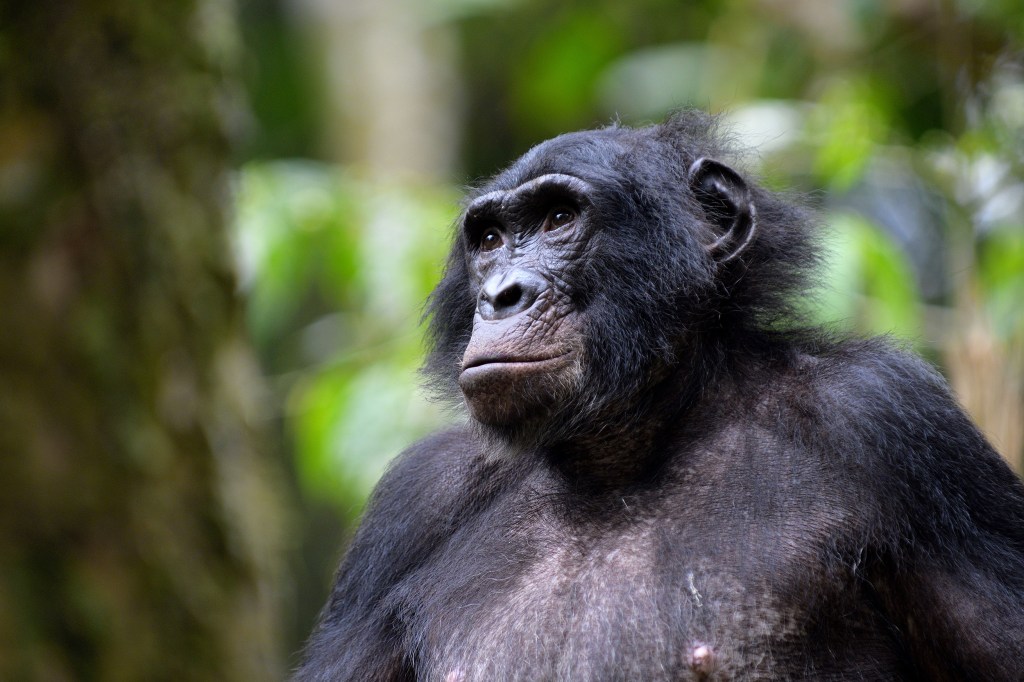
-
Are you a human? Select all that apply.
Philosopher Barba-Kay on CAPTCHA dilemma, Aristotle’s good life, and how the internet is changing us — not for the better
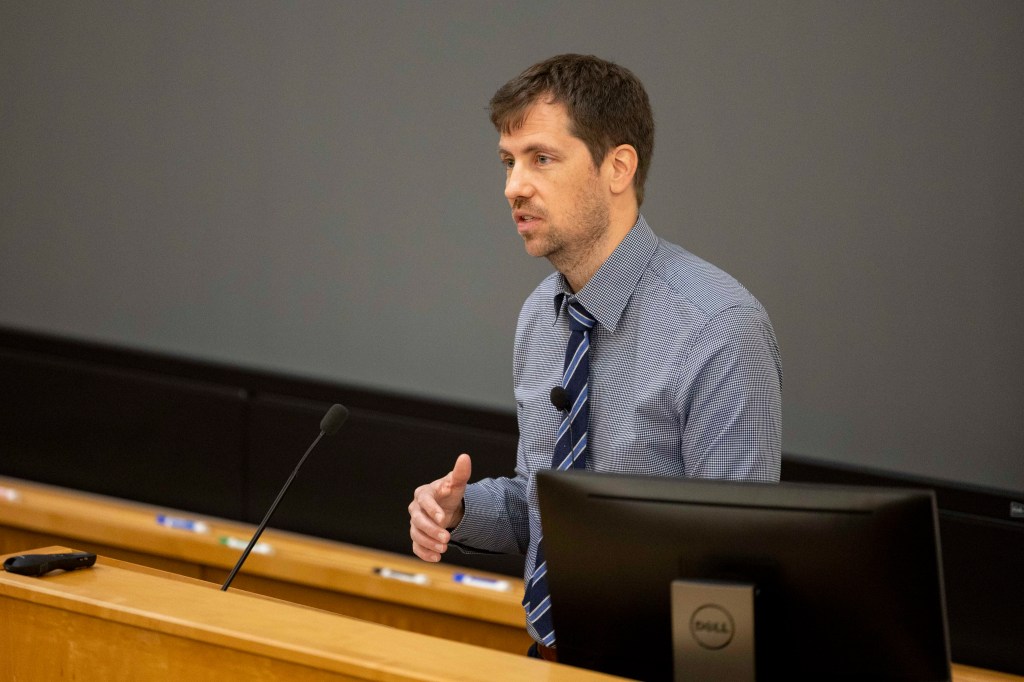
-
Amazon butterfly evolved from hybrids
Genomic findings challenge thinking on what makes a species
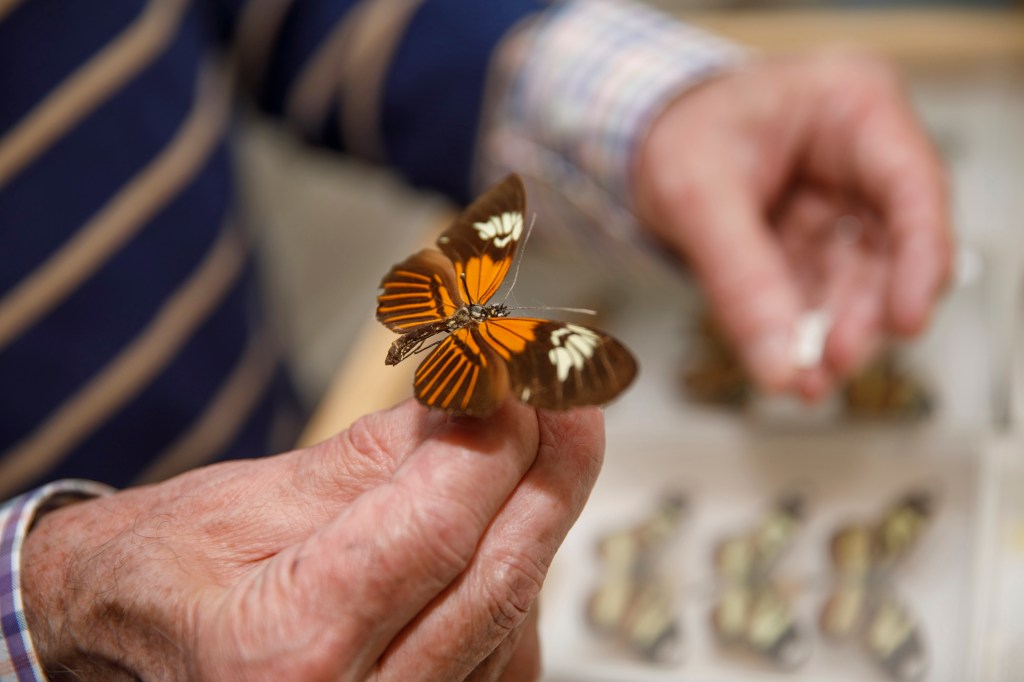
-
Is AI friend or foe? Wrong question.
A lawyer, a computer scientist, and a statistician debate ethics of artificial intelligence
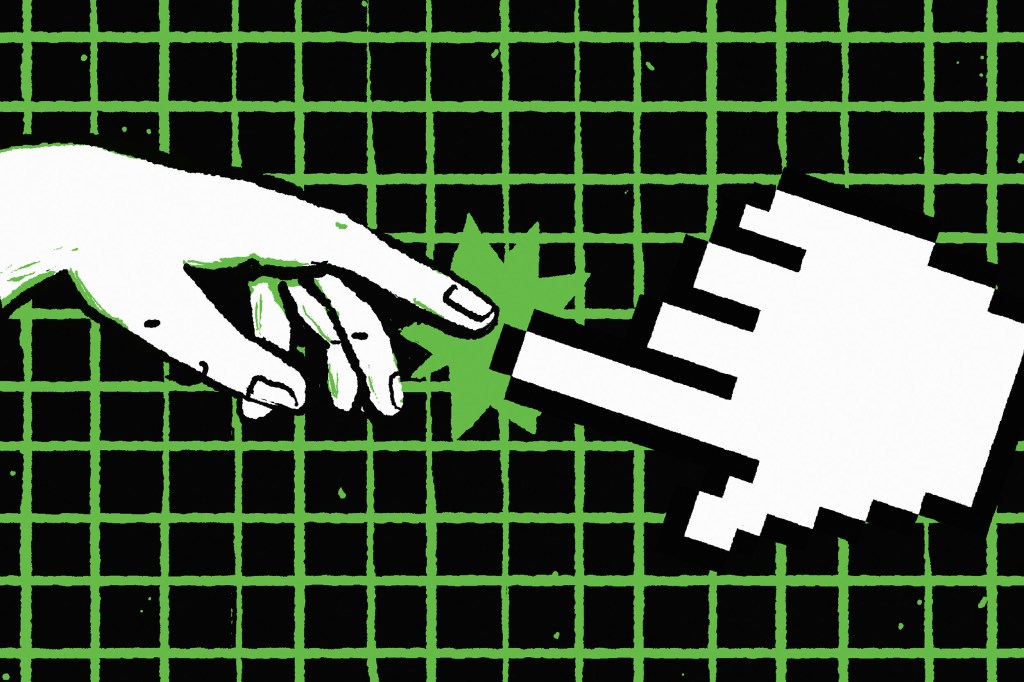
-
Getting ahead of dyslexia
Harvard lab’s research suggests at-risk kids can be identified before they ever struggle in school
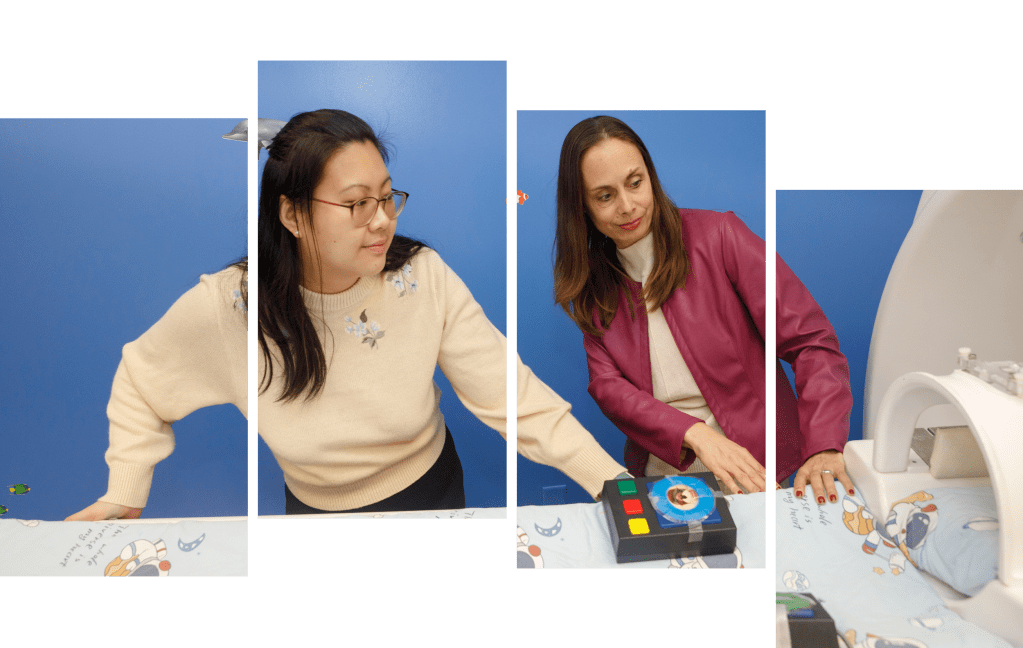
-
Why AI fairness conversations must include disabled people
Tech offers promise to help yet too often perpetuates ableism, say researchers. It doesn’t have to be this way.
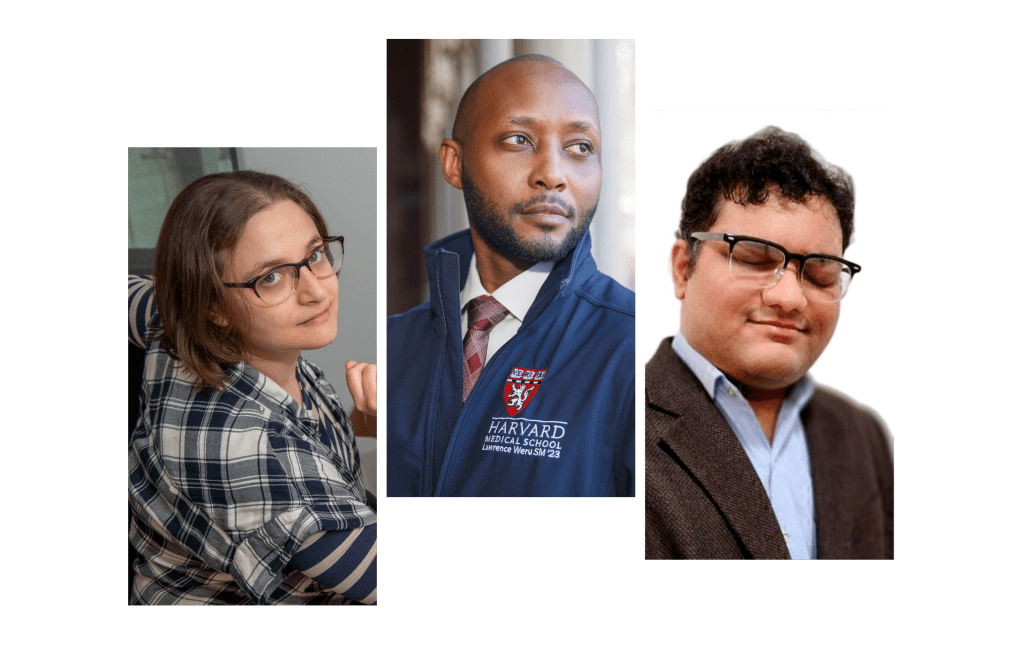
-
How did you get that frog to float?
Ever-creative, Nobel laureate in physics Andre Geim extols fun, fanciful side of very serious science
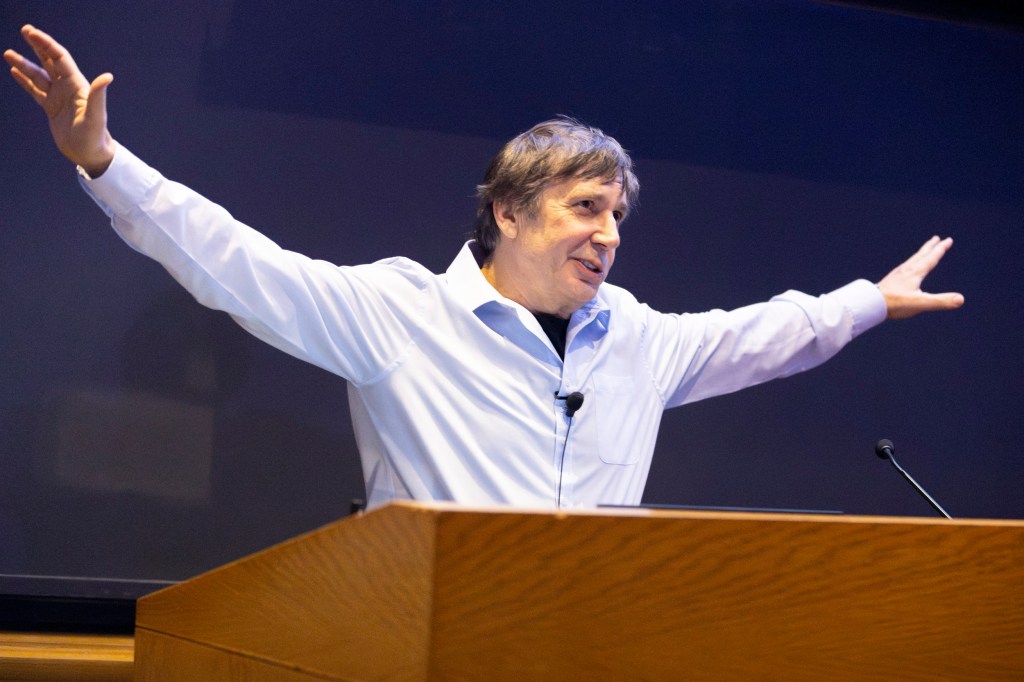
-
Lifting a few with my chatbot
Sociologist Sherry Turkle warns against growing trend of turning to AI for companionship, counsel
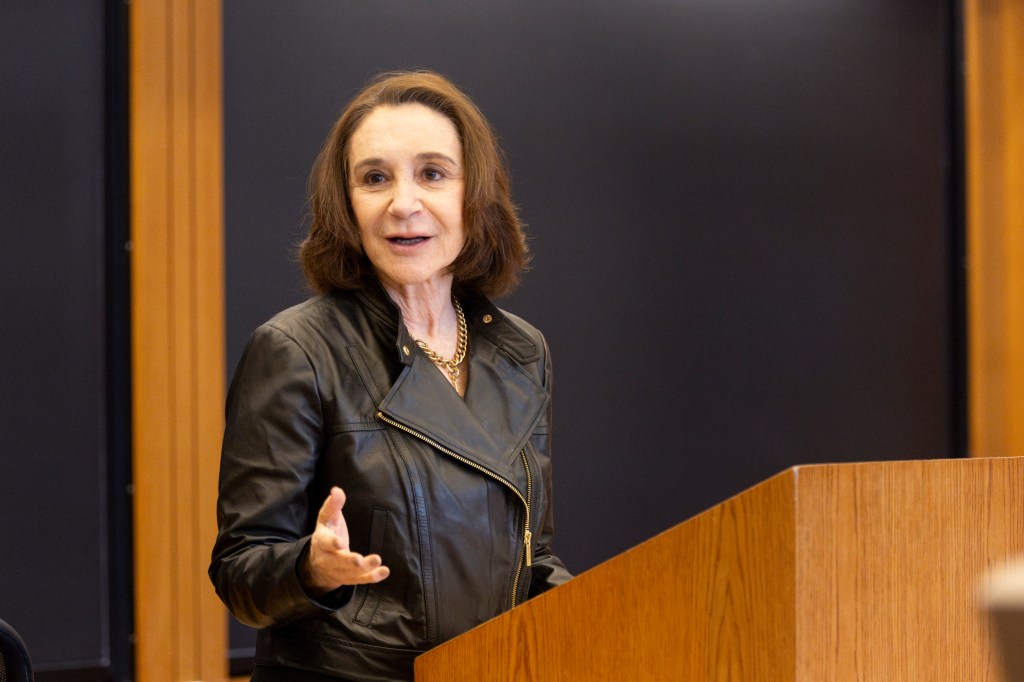
-
Hate mosquitoes? Who doesn’t? But maybe we shouldn’t.
Entomologist says there is much scientists don’t know about habitats, habits, impacts on their environments
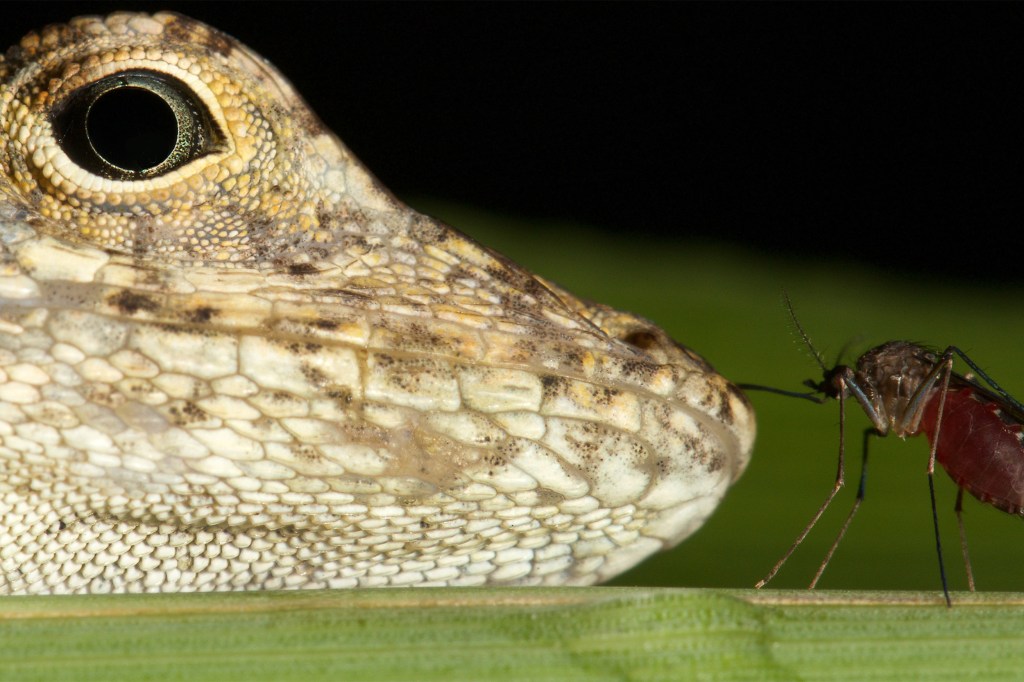
-
Climate alignment is no easy task
Experts at the Salata Institute outline tensions between global and local priorities
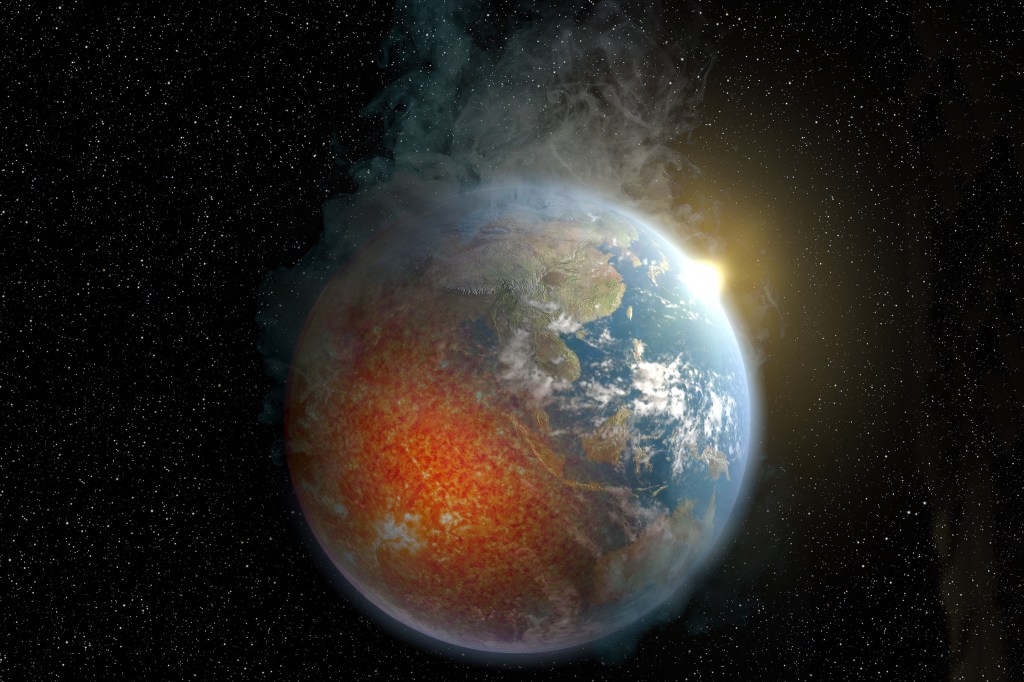
-
A playbook for policy change
Leah Stokes turns a love for the wilderness into a commitment to help mitigate climate change

-
Under pressure
New tool for precise measurement of superconductors
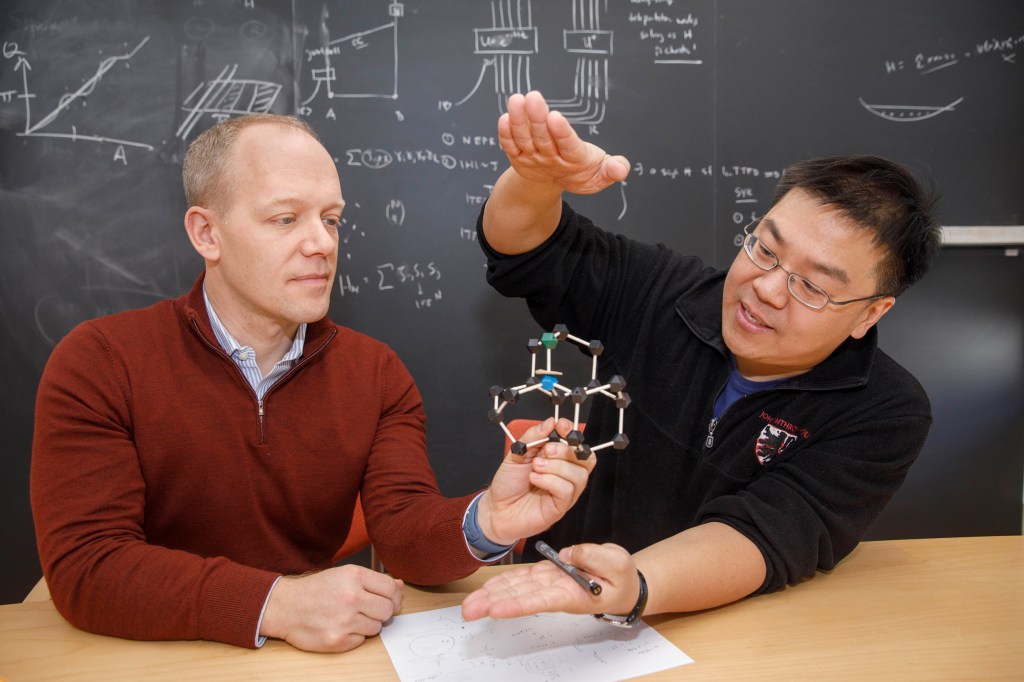
-
Glimpse into how mind may affect healing
Study finds bruising fades faster in patients who are led to believe more time has passed than actually has

-
Herbaria’s use and importance grows with climate change
In race against extinction, new agreement supports Harvard’s work to analyze and digitize its medicinal plant collections
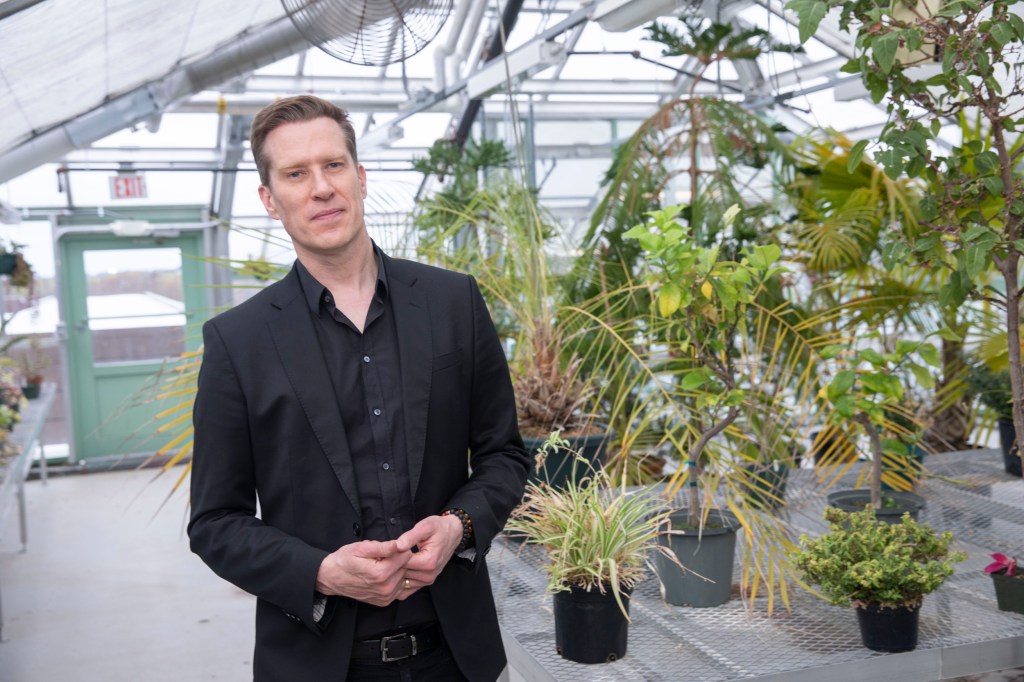
-
Harvard physicists create a new phase of matter
First demonstration of non-Abelian anyons in a quantum processor

-
Did fermented foods fuel brain growth?
Study puts fermentation, not fire, as pivot point behind our ancestors’ increasing cranial capacity
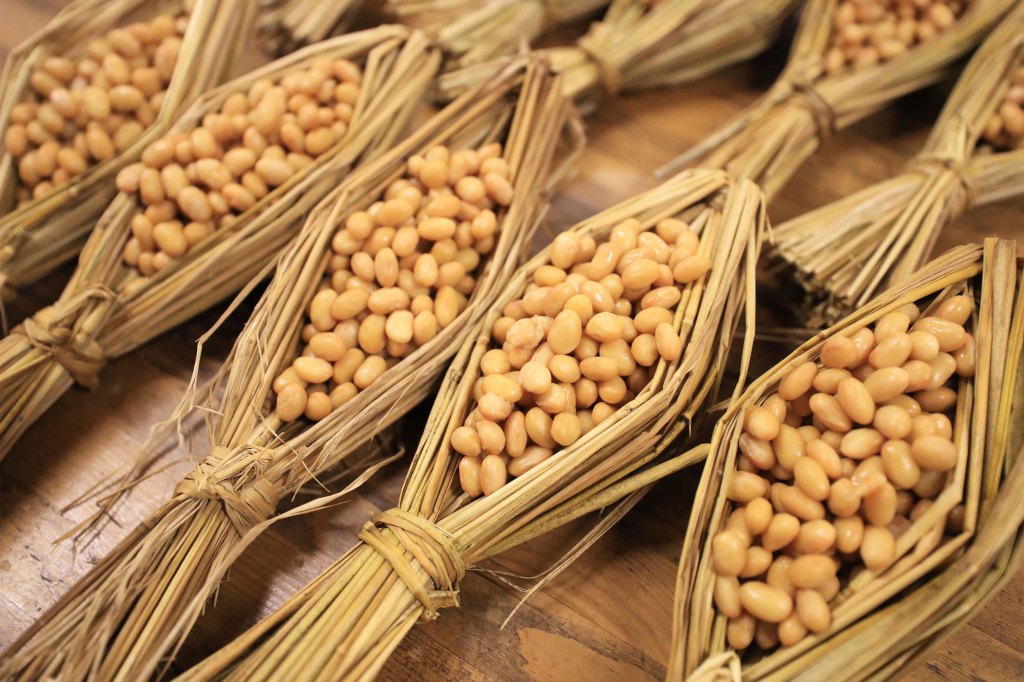
-
‘Radcliffe Wave’ is waving
Astronomers detail oscillation of our giant neighbor

-
Aramont Fellows bring cutting-edge scientific innovation to the forefront
Four groundbreaking projects investigate brain development, capture raw data with AI, innovate quantum computers, and develop new models to map supernovas
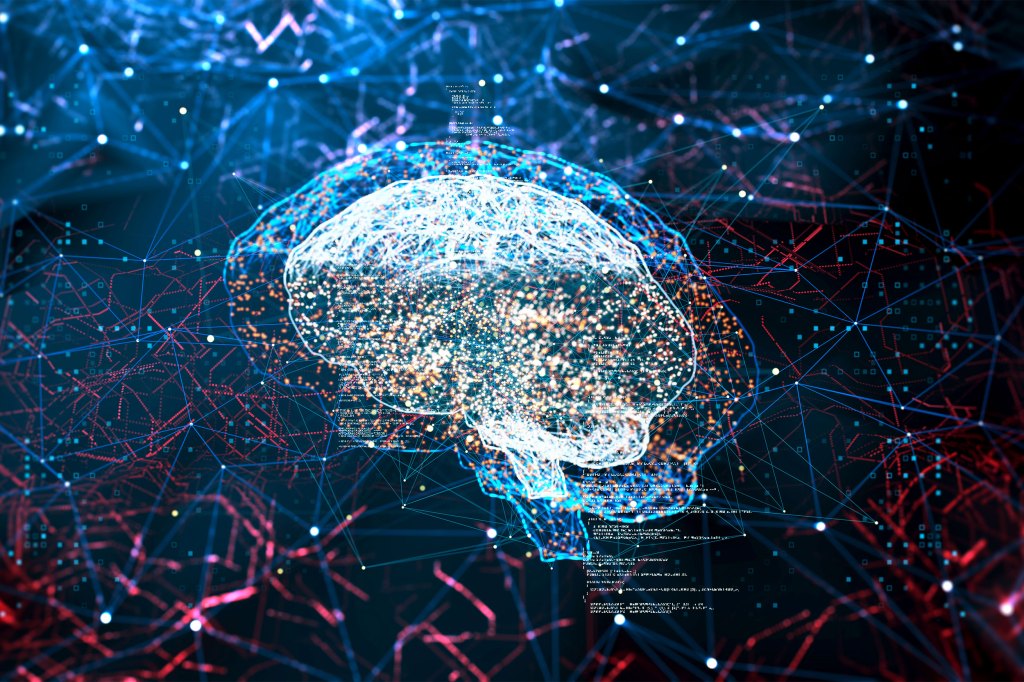
-
Deep in the Amazon, SEAS team tracks a mobile element
Field work on the Rio Negro could help communities exposed to methylmercury protect their food web

-
The miracle of ‘dog’
New findings illuminate complex neuroscience behind even the simplest words, with implications for treatment of speech, language disorders
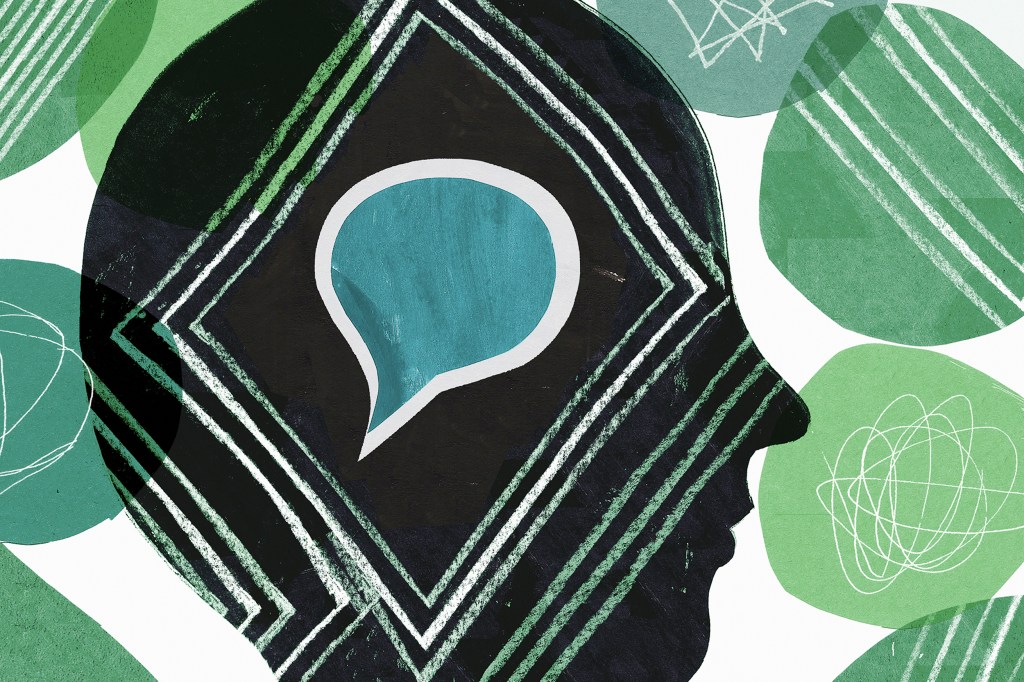
-
A fast pivot into the unknown
AI’s rapid rise prompts Harvard/MIT Symposium exploring excitement, potential challenges to STEM education, research
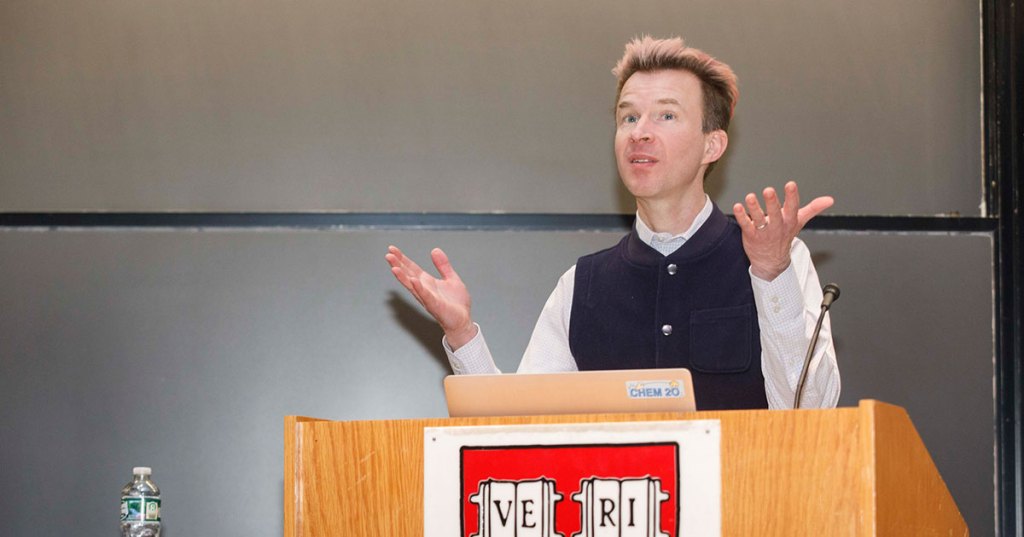
-
An evolutionary clue, curled up and long unstudied, in a Harvard museum
Trilobites’ soft undersides show mechanics of early ‘enrollment’ defense
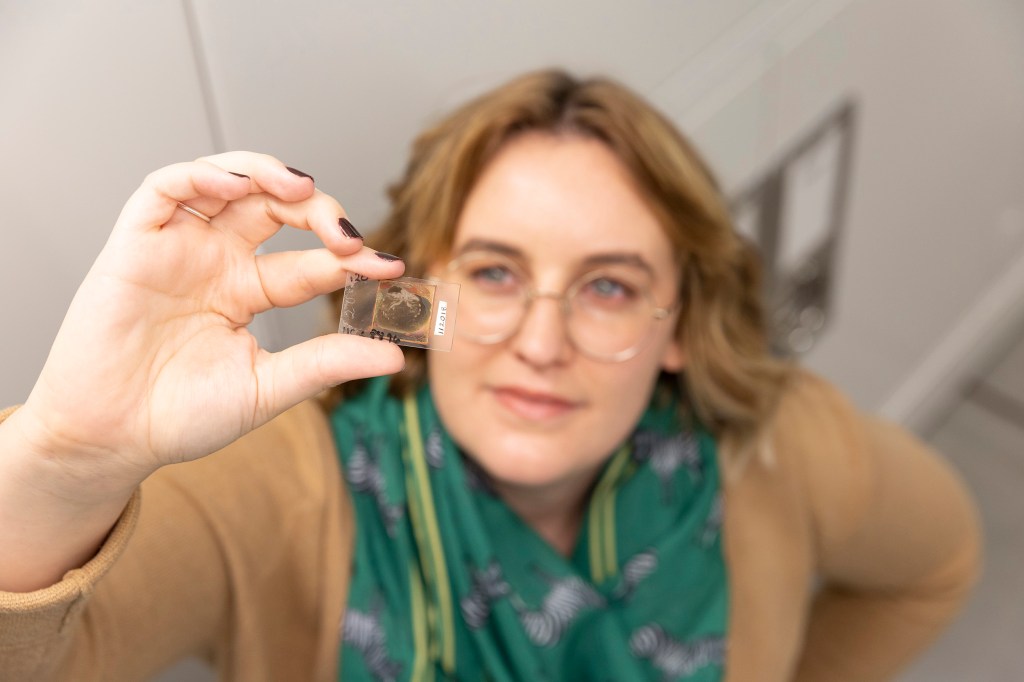
-
Bird’s-eye view of energy conservation
Physics of V-shaped flight formations offer insights into how to improve efficiency of groups of drones, underwater vehicles
